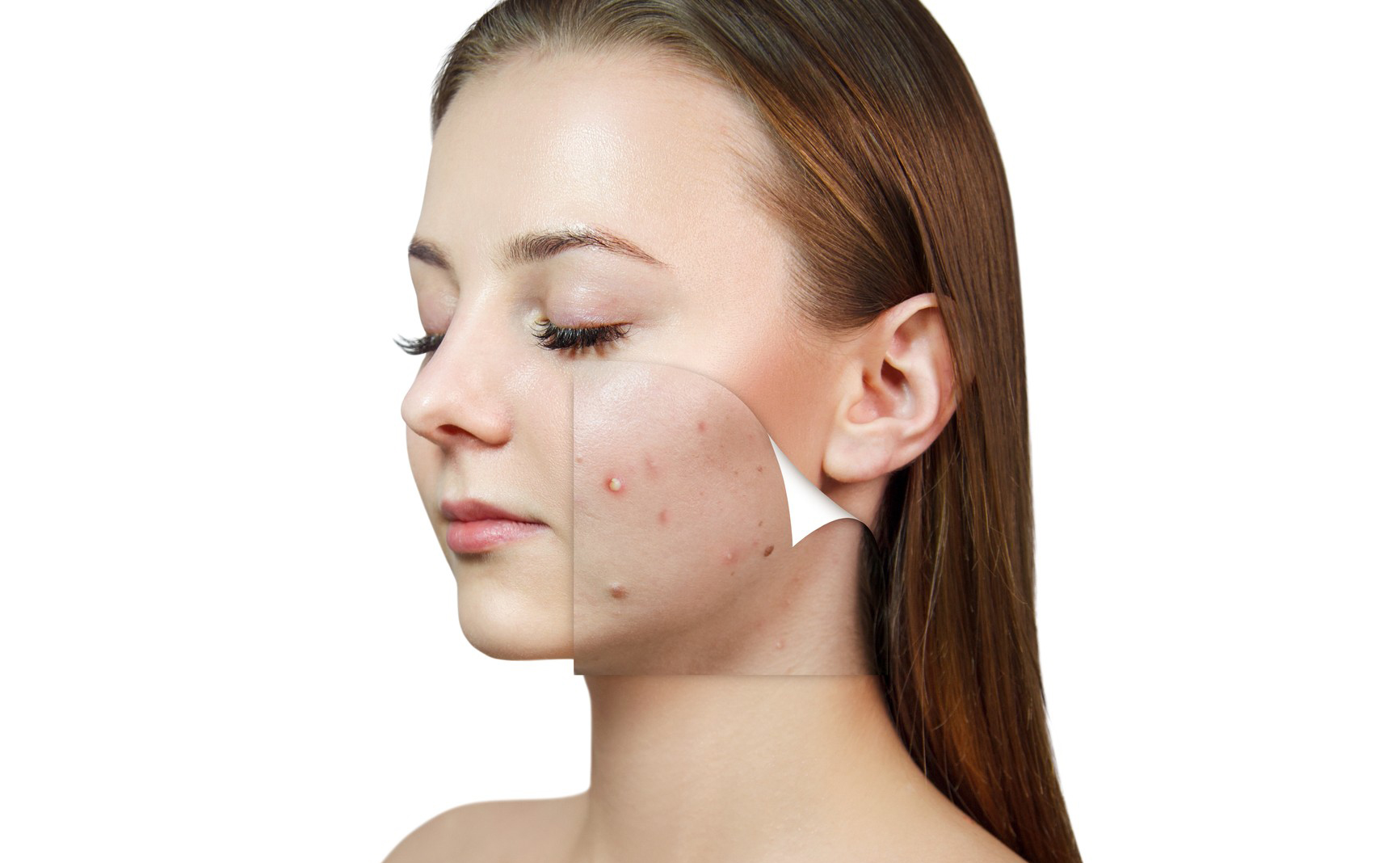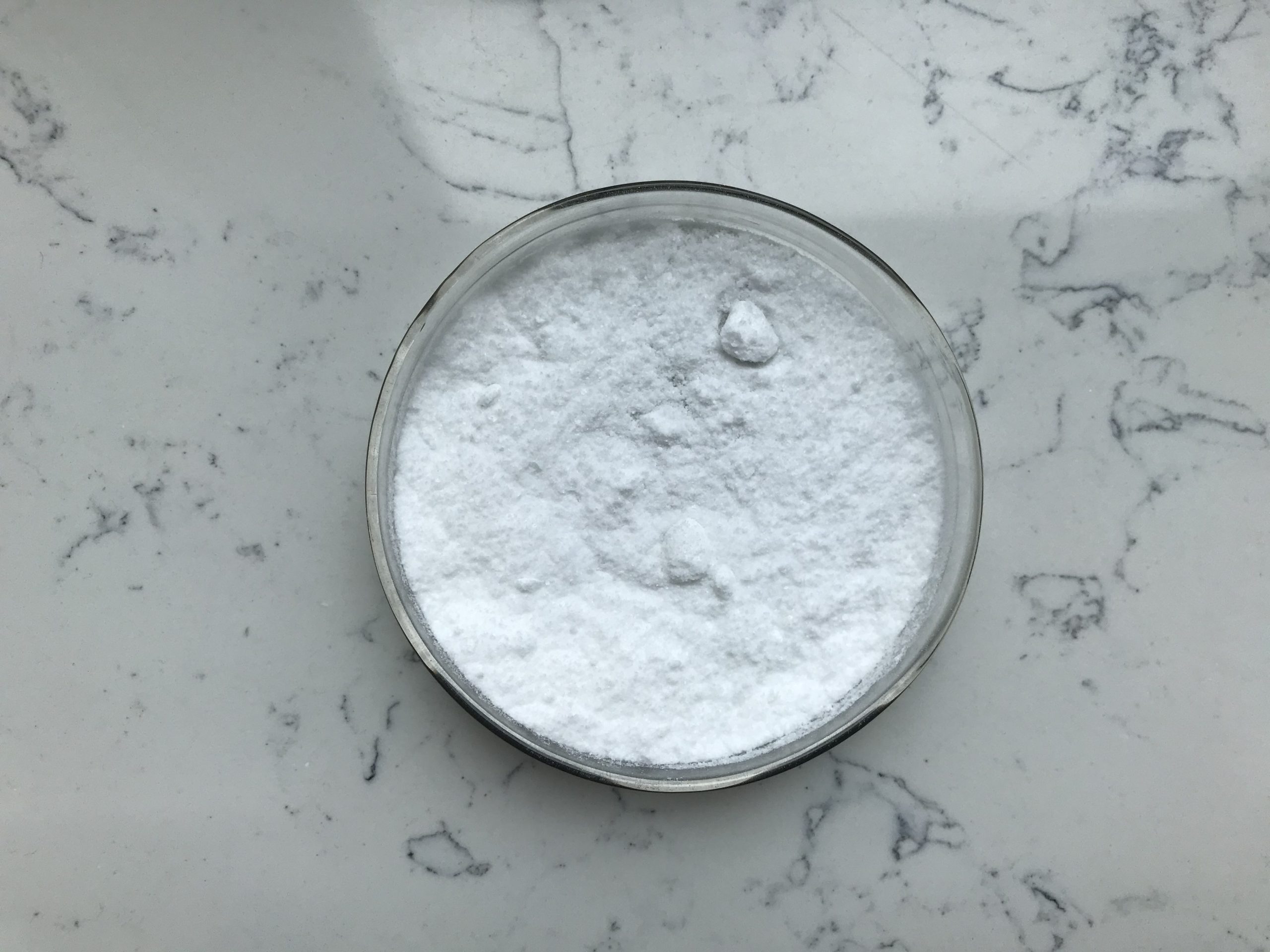Azelaic acid is a topical medication that is commonly used to treat acne. While it may not be considered a “cure” for acne, it can be effective in reducing the symptoms and appearance of acne. Azelaic acid works through several mechanisms:
1.Antibacterial: It has antibacterial properties that can help reduce the population of acne-causing bacteria (such as Propionibacterium acnes) on the skin.
2.Keratolytic: Azelaic acid can help exfoliate the skin and prevent the buildup of dead skin cells, which can contribute to the development of acne.
3.Anti-inflammatory: It has anti-inflammatory properties that can help reduce redness and swelling associated with acne lesions.
4.Hyperpigmentation: Azelaic acid can also help fade post-inflammatory hyperpigmentation (dark marks) that often remain after an acne breakout.

Azelaic acid is available in various formulations, such as gels, creams, and foams, and is typically applied directly to the affected areas of the skin. It is available both over-the-counter and by prescription, with higher concentrations typically requiring a prescription.
While many people find azelaic acid to be an effective treatment for their acne, the degree of success can vary from person to person. It’s important to use it consistently as directed by a healthcare provider, and results may take several weeks to become noticeable. If you have concerns about acne or are seeking treatment, it’s a good idea to consult with a dermatologist who can provide personalized recommendations based on your specific skin type and condition. They can also discuss other treatment options if azelaic acid alone is not sufficient for your needs.
How about the acne effect of Azelaic Acid?
Azelaic acid is a topical medication commonly used to treat acne, and it has several beneficial effects on the skin. It is often prescribed in the form of a cream or gel. Here are some of the ways in which azelaic acid can help with acne:
1.Antibacterial Properties: Azelaic acid has mild antibacterial properties, which means it can help reduce the growth of the bacteria Propionibacterium acnes (P. acnes) on the skin. This bacterium plays a role in the development of acne, so inhibiting its growth can be beneficial.

2.Anti-Inflammatory Effects: Azelaic acid has anti-inflammatory properties that can help reduce redness and swelling associated with acne lesions. It can be particularly useful for inflammatory acne, which includes papules and pustules.
3.Unclogs Pores: Azelaic acid can help prevent the formation of comedones (blackheads and whiteheads) by promoting the shedding of dead skin cells and preventing the accumulation of keratin in hair follicles. This helps keep pores clear and prevents blockages.
4.Skin Tone Improvement: In addition to its acne-fighting properties, azelaic acid can also help improve overall skin tone and texture. It has been used to treat conditions like melasma and rosacea, and it may help fade post-inflammatory hyperpigmentation (PIH) that can result from acne.
5.Minimal Side Effects: Azelaic acid is generally well-tolerated and has fewer side effects compared to some other acne treatments. Common side effects can include mild skin irritation, dryness, or a burning sensation when initially applied. However, these side effects are usually temporary and mild.
It’s worth noting that azelaic acid is available in different strengths, and its efficacy can vary from person to person. Some people may see improvements in their acne within a few weeks of using azelaic acid, while others may require several months of consistent use. If you are considering using azelaic acid for acne, it’s a good idea to consult a dermatologist who can recommend the appropriate formulation and concentration for your skin type and specific acne concerns. They can also provide guidance on how to incorporate it into your skincare routine for the best results.
